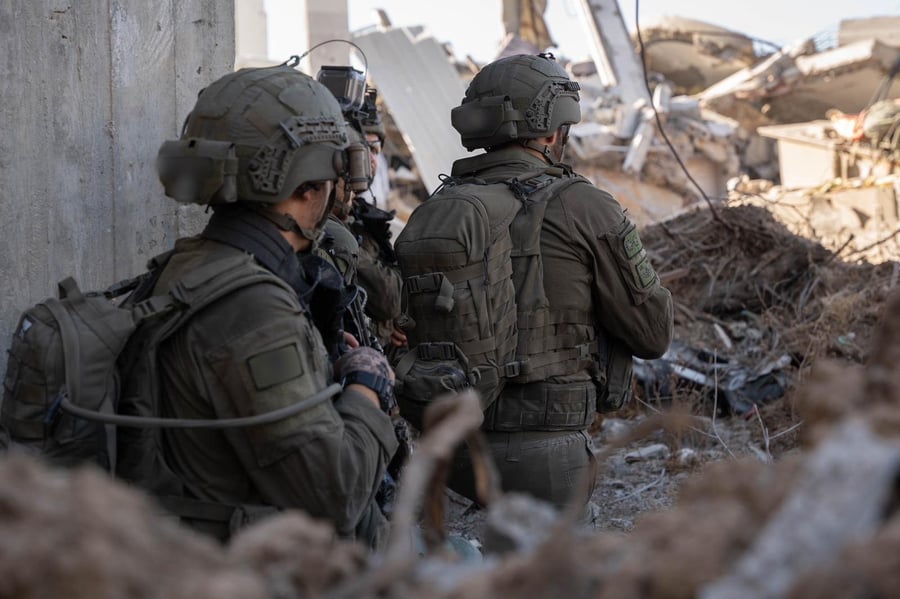
Medical teams stationed with IDF units are also on alert for flu-like symptoms that might indicate polio infection. The IDF stresses that there is no evidence of a polio epidemic among Gaza residents and that approximately 95% of soldiers received childhood vaccinations. This additional campaign aims to further minimize the already low risk of transmission among soldiers, as poliovirus can rarely cause paralysis.
According to Ynet news reports, the Technology and Logistics Directorate will oversee the operation within Israeli territories before forces enter Gaza. Vaccinations will be administered not only to combat soldiers but also to support personnel and all IDF personnel stationed in Gaza. Soldiers who decline vaccination will not be compelled or penalized.
The vaccine used will be IPV (inactivated polio vaccine), a component of the pentavalent vaccine routinely given to infants in multiple doses during infancy.
This initiative follows the Health Ministry's recent announcement of high concentrations of poliovirus in Gaza's sewage, indicating active disease presence but not necessarily an outbreak. The IDF will continue monitoring efforts in the coming weeks to fully assess the situation.
In a directive issued last Thursday by Prof. Zohar Mor of the Health Ministry's epidemiology department to Brigadier General Dr. Zivan Aviad-Bar, incoming chief medical officer, the IDF was instructed to ensure all soldiers are vaccinated against polio. It was recommended that even those previously vaccinated under routine programs receive a booster due to potential exposure risks, especially in field conditions.
The Health Ministry also recommended vaccination for all combat units currently in Gaza or preparing to enter, with exceptions for soldiers recently rotated out of the area.
The IDF, in coordination with the Health Ministry, conducted sampling tests in various Gaza areas where poliovirus traces were found in water sources. Based on findings, ground forces will be vaccinated to protect soldier and civilian health. Vaccinations will be phased in as forces rotate, with strict hygiene protocols in place.
There is no vaccine shortage, assures the IDF, and vaccines will be available to all soldiers entering Gaza who request them. The known vaccine's side effects are minor.
Simultaneously, the IDF is collaborating with international organizations to deliver vaccines to Gaza's population. Since the conflict's onset, about 300,000 polio vaccines have been provided to Gaza through these efforts, sufficient for over a million residents. Major General Rassan Alian, Coordinator of Government Activities in the Territories, is coordinating with the international community to secure additional vaccine doses for Gaza residents.




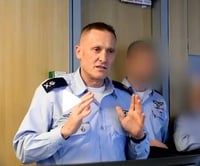

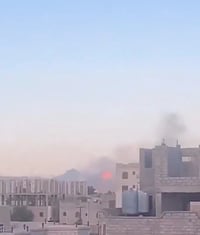
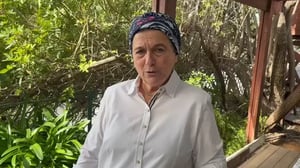
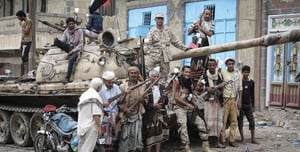


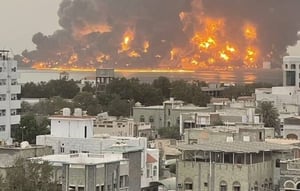

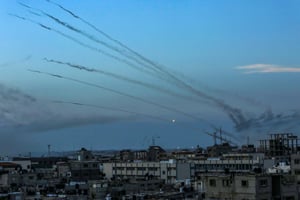
0 Comments